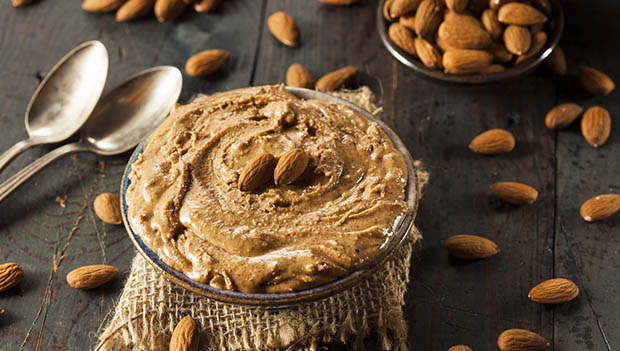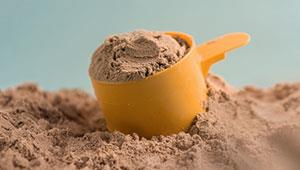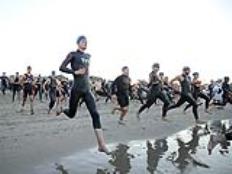
For the past few years there has been buzz about athletes who follow a high fat diet. Much of their success evidence was anecdotal—until now.
Dr. Jeff Volek, a professor in the Department of Human Sciences at Ohio State University and a Registered Dietitian, is currently wrapping up his study on the correlation of a high fat diet and athletic performance. He has released some information from his study that compares two sets of evenly matched elite male distance runners.
The first set of 10 runners followed a traditional high carbohydrate diet where 60 percent of calories came from carbohydrates, 25 percent from fat and 15 percent from protein. The second set of runners followed a low carbohydrate diet where a mere 10 to 12 percent of calories came from carbohydrates, a whopping 70 percent come from fat and less than 20 percent of the calories came from protein.
Volek has yet to release the complete blood panel and urine analysis, but the results that are currently available are quite interesting.
More: How to Create Your Ironman Nutrition Plan
Fat Oxidation vs. Exercise Intensity
One of the biggest results of Volek's study showed that the fat-adapted athletes burned more fat at a higher pace than the traditional carbohydrate diet group. For endurance athletes, this means they have a significantly lower need for supplemental carbohydrates during training and racing, because more fat is being utilized as fuel.The high carbohydrate group had maximum fat oxidation at a pace equivalent to around 50 percent of VO2 max. This is the fastest pace the athletes could travel while burning the highest percentage of fat for fuel. Fat oxidation occurred at a rate of roughly 0.5 grams per minute.
The high fat diet group oxidized fat at over 1.2 grams per minute—over double that of the high carbohydrate diet group. Not only was the amount of fat oxidation higher, the high fat diet group was able to travel faster at the high fat fueling rate. This group had maximum fat oxidation at a pace closer to 70 percent of VO2 max.
Anecdotal evidence outside of this study has reported that fat-adapted, highly-trained ultra-distance runners are completing 100-mile runs in 15 to 25 hours by using only 1,300 to 2,000 supplemental calories during the race. Rough numbers say these athletes are completing 20-hour events on around 100 supplemental calories per hour.
- 1
- of
- 2








Discuss This Article